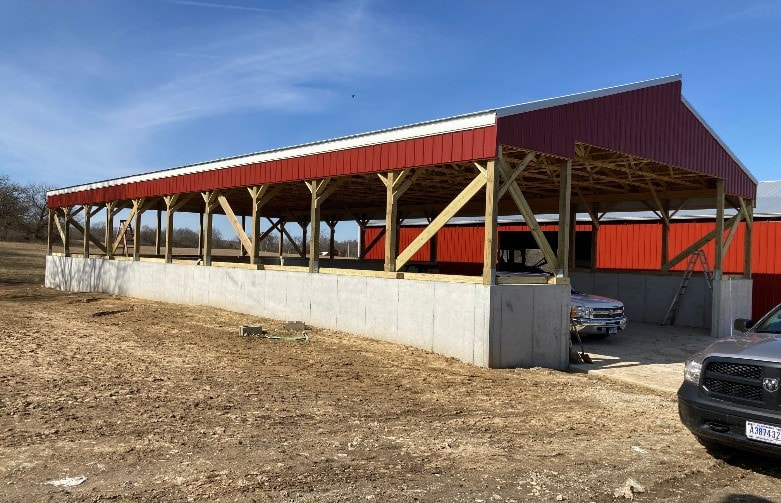|
Pet Waste Management
Does your pet poop? Of course he does! Do you always pick it up? We hope you do! This month, we talk about how pet waste negatively impacts the quality of our public health/local waters and what you can do to help. According to the U.S. Environmental Protection Agency, pet waste is a leading source of nutrient and bacteria pollution in urban streams and waterways. Scruffy might be cute and cuddly but his poop spreads zoonotic diseases (transmissible to humans) with ingredients like E. Coli, Giardia, Salmonella, Roundworms, Tapeworms, and more. When it rains, pet waste contaminates storm water which eventually makes its way to your local creek or lake. Considering that more than half of Ohio’s residents get their drinking water from surface water sources, it’s important to keep our water as clean as possible. Have you ever noticed your neighborhood pond or retention basin filled with algae? Decomposing pet waste also pollutes water with excess nutrients, causing algae to bloom out of control and harm other aquatic life. Some communities in Warren County have pet waste management ordinances. For example, the City of Lebanon considers a violation of §505.08 Removal of Dog Excrement (Ord. 6569) a minor misdemeanor and can fine up to $150. Can pet waste be used as fertilizer? Dog poo in its raw form is NOT a fertilizer. Due to a high-protein diet, dog poop is acidic and will kill your lawn and plants. However, a 2005 study by the USDA and Fairbanks Soil & Water Conservation District found that dog waste from healthy individuals is a safe mulch or soil additive for landscaping (NOT for human consumption) when composted properly. The process involves mixing waste with carbon-rich materials, paying attention to air flow and moisture, and maintaining a temperature of at least 145°F for several days. Please note- “Cats may carry parasites that are harmful to human fetuses. We do not recommend adding cat waste or cat litter to your compost.” Pro-Tips
Thanks for being a responsible pet owner!
0 Comments
A horse, on average, can weigh nearly 1,000 pounds and can defecate roughly 13 times a day. This roughly equates to about 50 pounds of wet manure a day – including urine. The bedding that is gathered in the animal waste, also contributes to the weight. The bedding can increase the total volume to 2-3 feet of waste per day. Per one ton of manure, the nutrients that can be found include nitrogen, phosphorus, and potassium – with bedding having the potential to also affect the nutrient reading. If not managed properly, manure runoff can cause pollution with the potential to negatively impact local waterbody sources.
Storage:
Keeping animal waste as dry as possible results in less waste that must be transported elsewhere. Consider a NRCS Conservation Practice for a waste storage facility which will help prevent runoff and is also helpful for winter storage, since Ohio does not allow manure spreading on frozen or snow-covered ground. For large facilities, cost-share options may be available. Composting: Composting utilizes an accelerated decomposition process that uses the organisms and bacteria found growing in the soil that helps break down manure. The process requires proper oxygen and moisture levels, as well as proper feedstock mixture, to ensure proper microbial activity. The composting piles must be turned to ensure proper aeration and the final product of composting is a crumbly and has a low odor and resembles topsoil. Contact a technician at Warren County Soil & Water Conservation District at (513) 695-1337 if you have questions. Also, consider the Ohio Livestock Manure Management Guide written by OSU Extension: https://agcrops.osu.edu/sites/agcrops/files/imce/fertility/bulletin_604.pdf |
Details
Warren County SWCD Staff BlogA blog to keep you informed on all the latest news at Warren County SWCD and in the conservation world. Archives
May 2024
Categories
All
|
|
|
Contact:PHONE: (513) 695 - 1337
EMAIL: [email protected] HOURS: Monday - Friday 7:30am - 4:00pm (except holidays) Connect:Warren County Soil & Water Conservation District Copyright © 2016
Warren SWCD Privacy Notice. Emails are serviced by Constant Contact. Constant Contact's Privacy Notice. |


